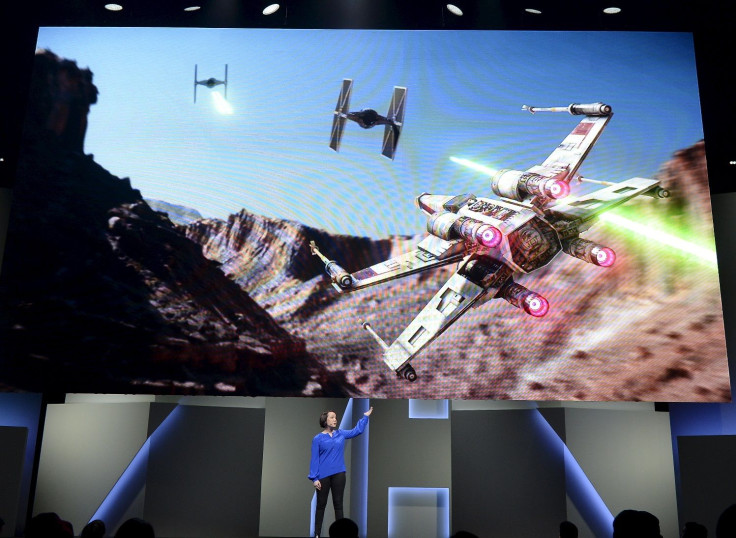'Mission: Impossible-Fallout' director beautifully explains cause of 'toxic fandom'

There has been an intense debate raging in Hollywood in the past year about how to handle “toxic fandom,” a phenomenon in which some fans viciously attack filmmakers and actors when they are unhappy about something. In a recent interview, “Mission: Impossible- Fallout” director Christopher McQuarrie explained the cause of the problem.
“Star Wars” has been the centre of the debate these past few months, mostly because of the way Director Rian Johnson and cast member Kelly Marie Tran have been attacked online. Johnson has been attacked for his creative choices, and some fans reportedly issued death threats against him. Tran was subjected to so much racist and sexist abuse that she quit the social media platform Instagram.
McQuarrie too was dragged into the controversy online recently too. In an interview with Collider, the “Mission: Impossible” director explained that movies are very emotional, especially franchises like “Star Wars” and Marvel, or any other franchise that uses comic books as the source material.
“Star Wars” movies and Marvel movies, McQarrie explained, contain stories from the childhoods of many of the fans. He compared them to campfire stories. These stories are so dear to some fans because they are “the very fabric of them growing up.” This makes the fans very protective about them.
McQuarrie said that he learnt firsthand how extreme some fan reactions can be when filmmakers don’t meet their expectations. The problem, according to the director, is that some fans are not able to separate their feelings of being upset from how they are choosing to express it. So, when filmmakers or others object to the way the fans are expressing their feelings, the fans defend their right to being upset.
“People are so busy defending their point of view that they’re not really looking at the way they are defending it,” McQuarrie said.






